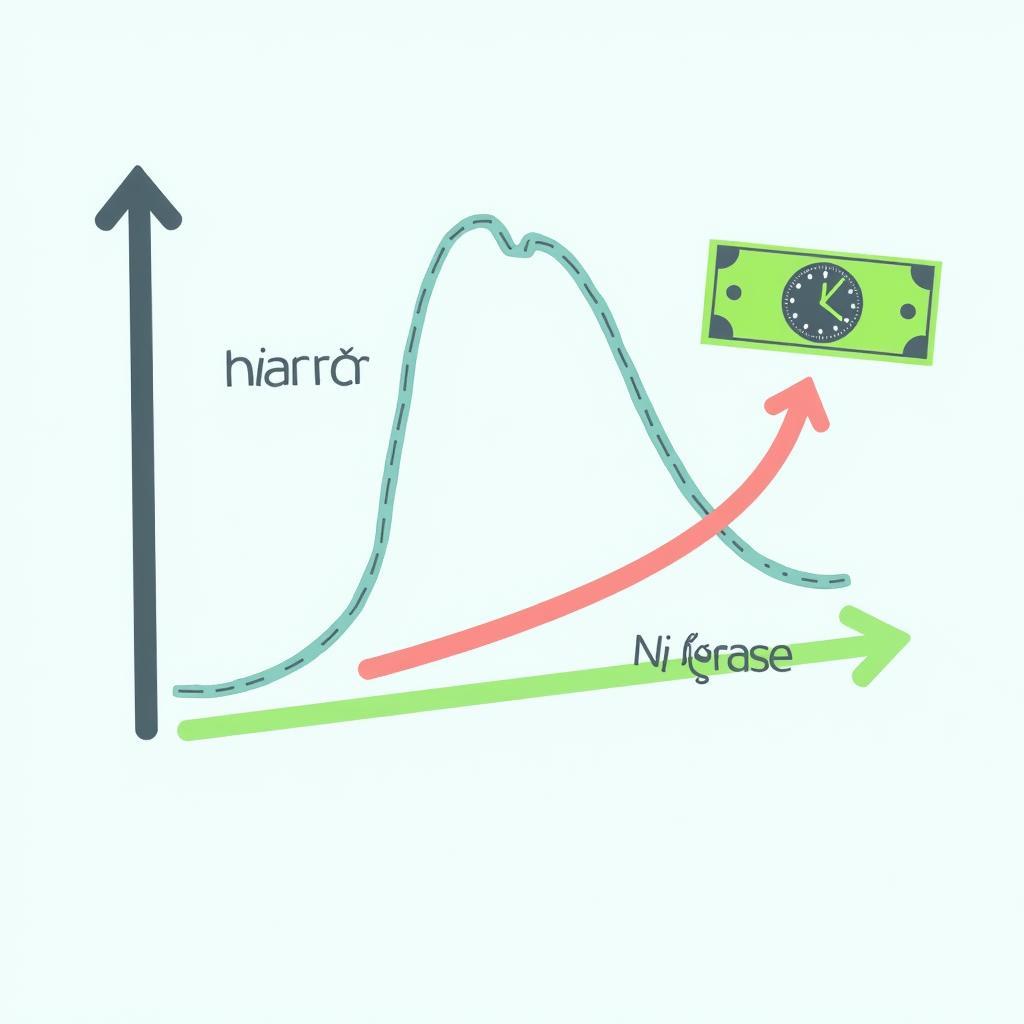Economics is the study of how individuals and societies allocate scarce resources to satisfy unlimited wants and needs. This fundamental concept of scarcity is at the heart of all economic decisions, from personal budgeting to national policy. Understanding how we make choices about what to produce, how to produce it, and for whom to produce it forms the foundation of economic thinking.
Scarcity and Choice: The Core of Economics
The basic economic problem stems from the fact that resources are limited, while human desires are seemingly endless. This creates a constant tension between what we want and what we can realistically have. Economics, therefore, is about making choices. These choices can be individual (like deciding between buying a new phone or a new laptop) or societal (like deciding how much to invest in education versus healthcare). Every choice involves a trade-off, as choosing one option means forgoing others.
We face these trade-offs every day. Do we spend our time working or relaxing? Do we save our money or spend it? These decisions, seemingly small on an individual level, aggregate to shape the overall economy.  Scarcity and Choice in Economic Decision Making
Scarcity and Choice in Economic Decision Making
How Individuals and Societies Allocate: Different Approaches
Individuals and societies allocate resources through various mechanisms. Markets, for example, play a crucial role in coordinating economic activity. Through the forces of supply and demand, markets determine prices and allocate resources to their most valued uses. Governments also play a significant role in resource allocation through taxation, regulation, and public spending. Traditions and customs also influence how resources are distributed in some societies.
The way resources are allocated can have a profound impact on a society’s well-being. Efficient allocation leads to greater prosperity and higher standards of living, while inefficient allocation can result in poverty and inequality. Understanding the different allocation mechanisms and their implications is crucial for promoting sustainable economic development.
The Role of Incentives in Resource Allocation
Incentives play a crucial role in shaping economic behavior. Individuals respond to incentives, whether they are positive (like rewards) or negative (like penalties). For example, higher wages incentivize people to work more, while higher taxes on certain goods can discourage consumption. Understanding how incentives work is essential for designing effective economic policies.
 Incentives Influencing Economic Behavior
Incentives Influencing Economic Behavior
Governments often use incentives to encourage desired behaviors, such as investing in renewable energy or conserving water. Businesses also use incentives to motivate employees and customers. By understanding how incentives work, we can better predict how individuals and societies will respond to different policies and market conditions.
Economics is the Study of How Individuals and Societies Allocate: Resources in a Globalized World
In today’s interconnected world, resource allocation decisions are increasingly influenced by global factors. International trade, foreign investment, and global supply chains have created a complex web of economic interdependence. Understanding how these global forces impact resource allocation is essential for navigating the challenges and opportunities of the 21st-century economy.
The globalized nature of our economies means that decisions made in one country can have ripple effects across the world. For example, a change in trade policy in one country can impact the availability and price of goods in another. This interconnectedness highlights the importance of international cooperation and coordination in managing global resources.
 Global Interconnections and Resource Allocation
Global Interconnections and Resource Allocation
Conclusion
Economics is the study of how individuals and societies allocate scarce resources. This fundamental concept of scarcity drives all economic decisions, from personal choices to national policies. Understanding how we allocate resources, the role of incentives, and the impact of globalization is crucial for creating a more prosperous and equitable world. Economics Is The Study Of How Individuals And Societies Allocate: the key to understanding our complex and interconnected world.
FAQ
-
What is the basic economic problem? The basic economic problem is scarcity – the limited nature of resources compared to unlimited human wants.
-
What are the three basic economic questions? What to produce? How to produce? For whom to produce?
-
How do markets allocate resources? Markets allocate resources through the forces of supply and demand.
-
What is the role of government in resource allocation? Governments influence resource allocation through taxation, regulation, and public spending.
-
Why are incentives important in economics? Incentives influence economic behavior by encouraging or discouraging certain actions.
-
What is the impact of globalization on resource allocation? Globalization creates interdependence and influences resource allocation through international trade, investment, and supply chains.
-
How can I learn more about economics? There are many resources available, from textbooks and online courses to economic news and analysis.
Common Scenarios and Questions
-
Scenario: A government is deciding how to allocate its budget between healthcare and education. Question: What are the trade-offs involved in this decision?
-
Scenario: A company is deciding whether to invest in new technology. Question: What are the potential benefits and costs of this investment?
Related Questions and Further Reading
You might also be interested in learning about:
- Microeconomics vs. Macroeconomics
- The Principles of Supply and Demand
- The Different Economic Systems
If you need further assistance, please contact us: Phone Number: 02043854663, Email: [email protected] or visit our office: Block 34, Bac Giang, 260000, Vietnam. We have a 24/7 customer service team.